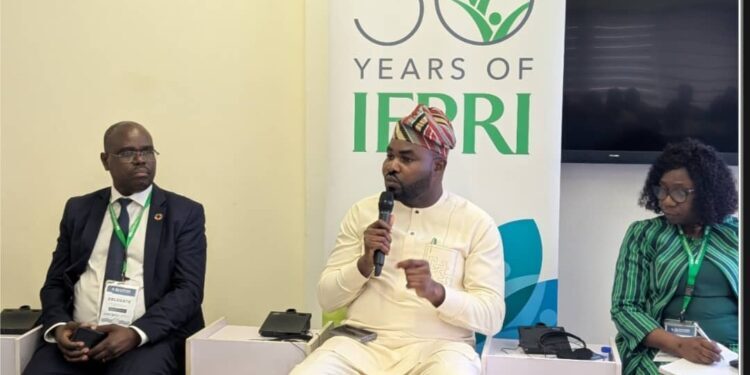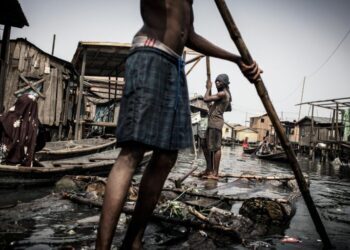As African countries step up to the challenges of food security, climate adaptation, and economic resilience, the conversation around sustainable irrigation is becoming increasingly urgent.
The Sixth African Regional Conference on Irrigation and Drainage (ARCID) which held a couple of weeks ago in Abuja, Nigeria hosted a pivotal side session led by the International Food Policy Research Institute (IFPRI) that examined how policy, investment, and implementation can converge under the Kampala Declaration—a 10-year strategy endorsed by the African Union to boost agrifood output by 45%.
This IFPRI dialogue, one of the more solution-focused sessions of the conference, brought together stakeholders from research institutions, development banks, UN agencies, and policy practitioners across Africa.
The core question: how can we translate commitments into outcomes—particularly in West Africa, where climate volatility and water stress are escalating?
From the African Development Bank’s call for blended financing to de-risk irrigation investments, to CGIAR’s appeal for stronger science-policy integration, the session underscored that financing alone is insufficient without coordination, capacity, and localized solutions.
The FAO highlighted the long-term viability of irrigation schemes, advocating for a multi-disciplinary approach to capacity-building—not only in engineering, but also law, media, and social systems.
This systems-thinking approach mirrors Nigeria’s efforts to align its agricultural transformation with climate-smart, market-responsive models. Contributions from actors such as AGRA Nigeria Country Director, Rufus Idris, focused not on visibility, but on the enabling environment: building government capacity, strengthening institutional frameworks, and connecting national strategies with ground-level innovations in water management and resilient agriculture.
Real transformation lies in the shift from revolution to resilience. Irrigation must be treated not as a standalone fix, but as part of a broader ecosystem—from soil health and seed systems to private investment and public accountability.
The panel also emphasized the need for knowledge translation: ensuring that science and evidence are converted into actionable policy frameworks and community practices. With West Africa holding significant untapped potential in irrigated agriculture, multi-actor collaboration—between governments, knowledge institutions, and financiers—is not a luxury, but a necessity.
As stakeholders work toward delivering on the Kampala Declaration, the voices amplified during this session provided a collective roadmap: de-risk investments, empower local ecosystems, and build lasting public-private partnerships. The real impact lies not in declarations, but in aligning efforts behind country-led visions and equipping them to thrive under pressure.










